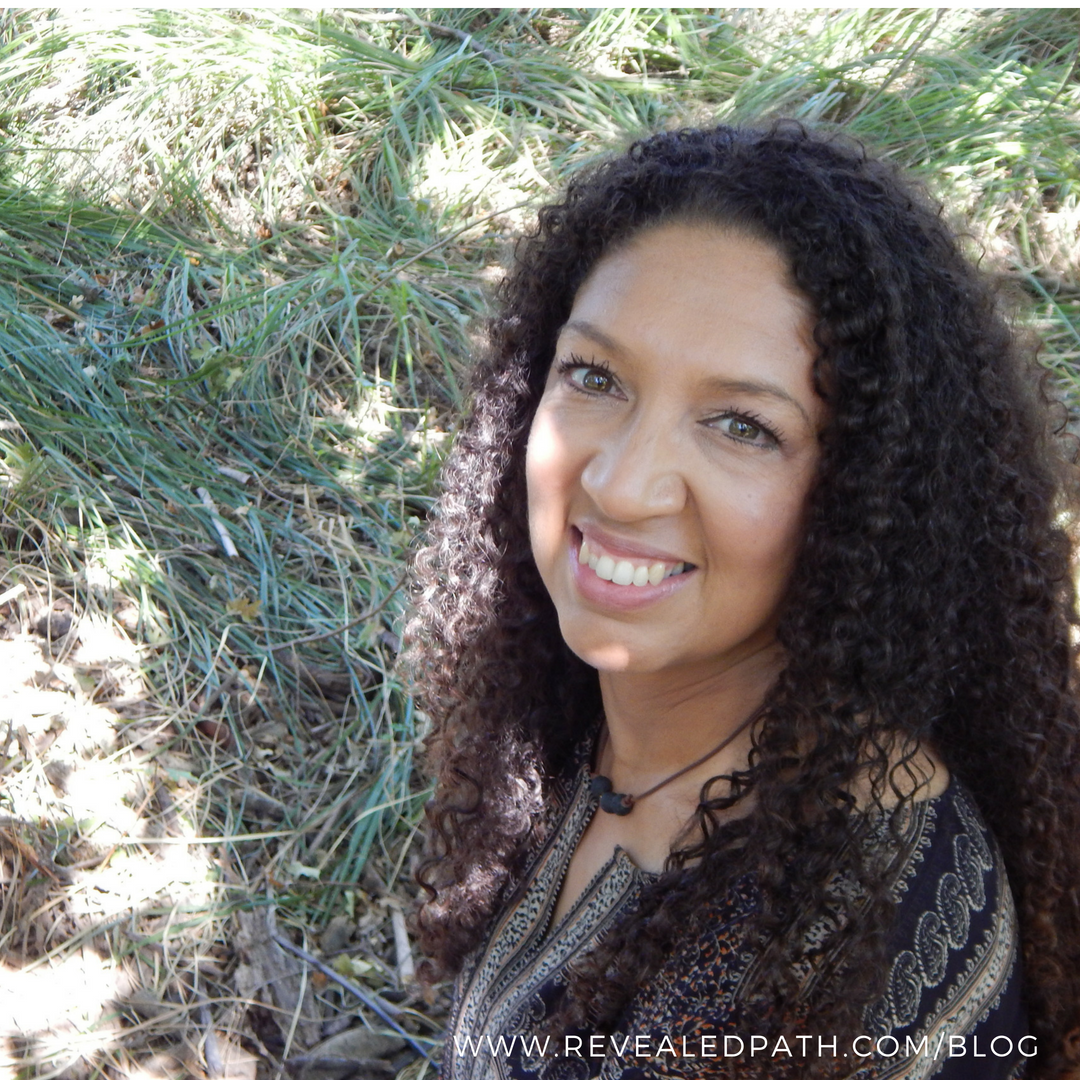In Part I of How To Feel Confident When You’re Not Feeling Confident, we talked about the concept of using triggers or cues when we notice ourselves feeling afraid or nervous.
We looked at the types of things people do to try and trick their brains into believing that they are able to do something that feels impossible. Essentially, how to feel more confident in their abilities.
If you haven’t yet read Part I, you can find that post here.
Today let’s take a look at how we may be able to use this newfound knowledge and apply it in areas that we may feel insecure.
If we successfully use cues in one instance (put on red lipstick and dominate in a power lifting competition), how can we then use that same strategy in another instance? For example, believing that we are capable of creating the business that we want.
Many of my clients are entrepreneurial in nature. They have a side hustle, and a side hustle to their side hustle. They have skills and are figuring out ways to monetize those skills and offer them to the world. Starting a business requires you to feel confident. (Notice I didn’t say requires you to BE confident.)
It requires you to feel confident long enough to take the next step, no matter how uncomfortable it makes you.
I will be the first one to say, while I’ve figured out how to make just about any type of trip or vacation happen, I’ve noticed the process is not quite as smooth when it comes to other areas of my life.
Let’s take my coaching business for example.
I spent the first year of my coaching business offering pro-bono coaching, as a way to gain experience and quite honestly to feel more confident in my offering.
Let me be super clear here so the people in the back can hear…for over 250 hours I coached pro-bono. That means for free, yes free!
While I’m grateful for every hour of it and believe whole heartedly that it made me a much better coach today, the truth of the matter is, it just felt really hard to ask clients to pay for coaching. (Even though I myself had invested in coaching at twice the rate of what I was asking, and found it well worth it!)
I questioned my ability to provide results, I struggled with believing that it was possible for clients to want to pay me. I didn’t have past evidence that I could do it, therefore questioned whether I could. I struggled with believing and in hindsight wonder “what could have been my red lipstick in this scenario?”
Here are a few things that I’ve discovered that help me when I’m needing a boost of confidence:
Mel Robbins #5secondrule - This has been a game changer for me! If I think long, I often think wrong. As an intuitive person I have learned that when an idea comes to me, no matter how outlandish it may seem, there’s usually something worth looking at. Counting down 5-4-3-2-1-GO has helped to keep me from second guessing myself. It also keeps my #recoveringpeoplepleasing ways at bay. I try not to allow time to worry about what others may think.
Outer Accountability - I bring someone else into my plan. Speaking my commitment out loud and somehow tying it into a commitment to someone else is a good strategy for me. As an #obliger I have a tendency to show up for others way more than I tend to show up for myself. (I have been working on this, but am still very much a work in progress!)
Pain factor - If I really want to get something done, I need to invest in it. I value money and don’t like to waste it. If I pay and purchase, I tend to follow through. (Just like purchasing a plane ticket.) Those dolla dolla bills are NOT going to waste.
Take a look at my thoughts. They probably are not where they need to be. Thoughts that help me are:
*I’m heading in the right direction and helping people along the way.
*There are people that need what I have to offer and are ready to pay for it.
*I saw the value in coaching, others will too.
*Nothing can deflate me. I’m fearfully and wonderfully made.
Share your thoughts in the comments. I’d love to hear how you give yourself a pep talk and realign your mind to feel confident! What’s your red lipstick?! ~Shaun





